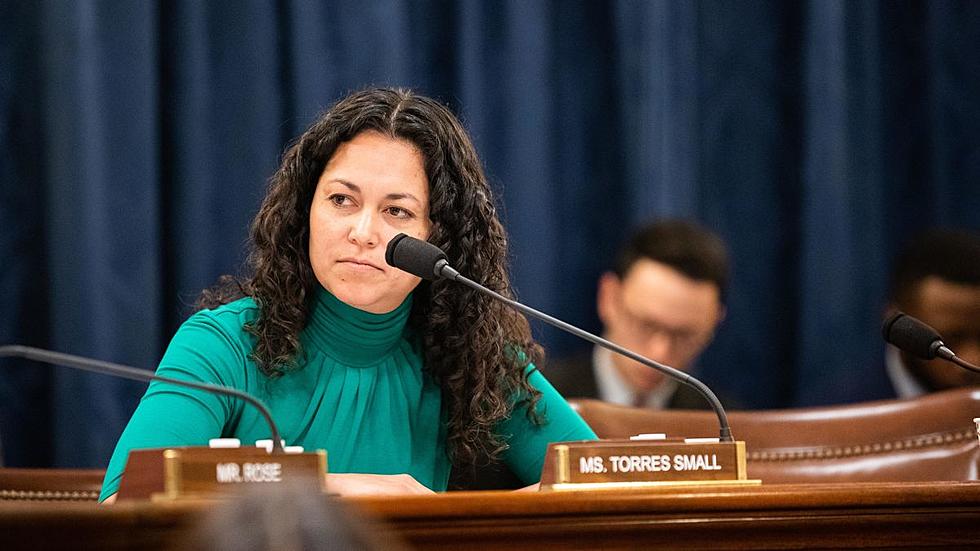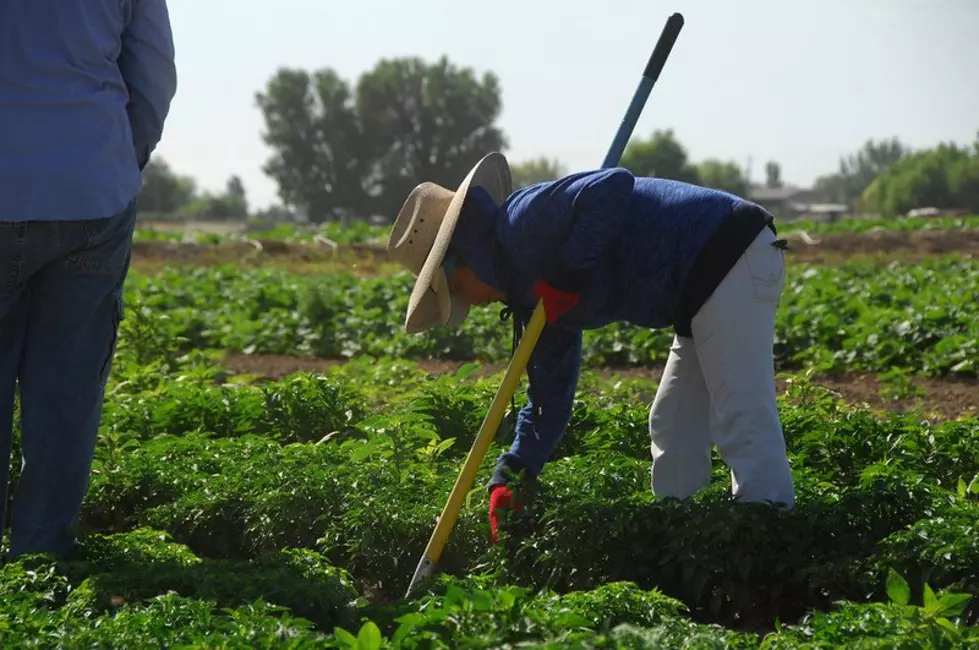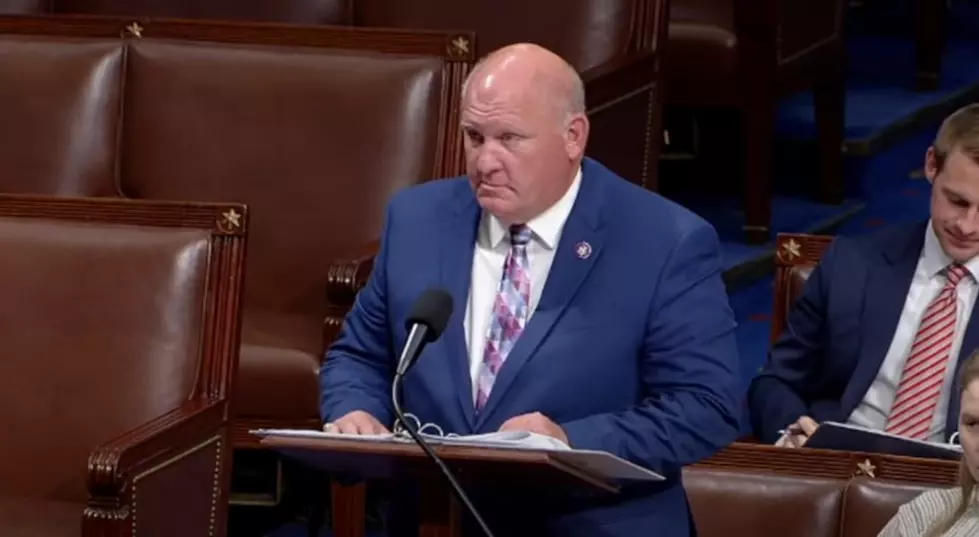
AFBF: Farmers Should Focus On Effective Tax Rate
Congress is just starting to consider changes to the federal tax code. As the process unfolds, AFBF economist Veronica Nigh says the effective tax rate is the most important factor for farmers.
“What we care about aren’t really the bracketed rates but rather how those rates interact with other provisions of the tax code. So, we start layering one provision with another, and at the end of all of that layering, you end up with an effective tax rate. Basically, what is the percentage of your income that you have to cut a check to the federal government?”
Nigh says there are three main factors that impact farmers within the federal tax code:
- That most farms file through the individual codes rather than the corporate codes.
- That the vast majority of average farms assets are tied up in non-liquid assets like buildings.
- And that farm income is predictably unpredictable.
Because of where the majority of farm assets are, in buildings, land and equipment, Nigh said farmers need tax provisions that maximize cash flow.
“Provisions of the tax code like cash accounting, like kind exchange and lower capital gains tax, a long with a handful of others really help farmers to maximize their cash flow to average their income across years, so that we’re not seeing huge changes in the taxes that farmers pay,” Nigh added.
If you have a story idea for the Washington Ag Network, call (509) 547-1618, or e-mail gvaagen@cherrycreekradio.com
More From PNW Ag Network









